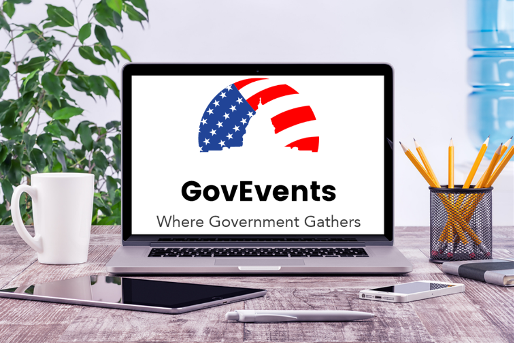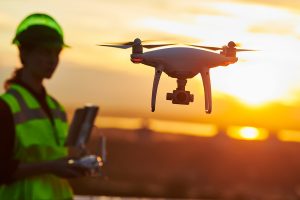
On April 8, GovEvents' Director of Client Relations, Stephanie Gravel, was invited to speak on Government Marketing University's (GMarkU) daily IDEATION virtual call.
Stephanie discussed the current government events climate and the latest event marketing trends during the COVID-19 pandemic, including:
- Data on cancellations, rescheduled events and the transition to virtual and online
- Competing in the growing virtual events market
- Best practices for rescheduling events and digital event promotion
- And more!
Couldn't make the meeting? No problem! You can listen to the recording and follow along with these slides.
You can also sign up to join the daily IDEATION calls for insightful discussion, innovative ideas, and practical strategies to support your government marketing efforts during the COVID-19 pandemic and beyond


 Personalization is a hot trend in events, but what does it really mean?
Personalization is a hot trend in events, but what does it really mean? 
 From
From 

